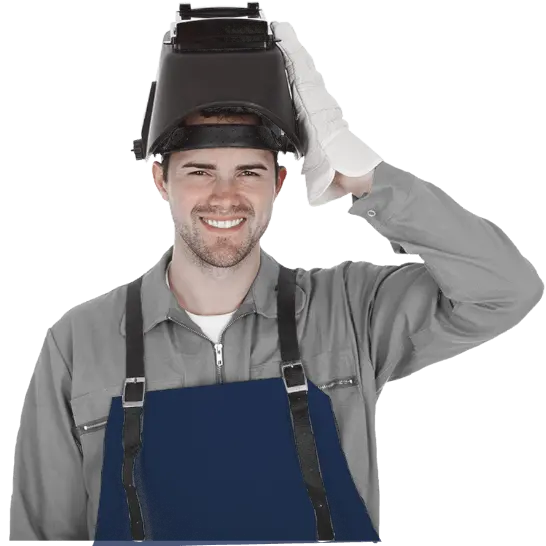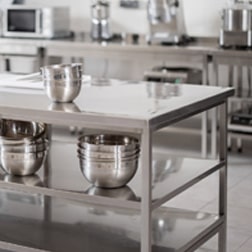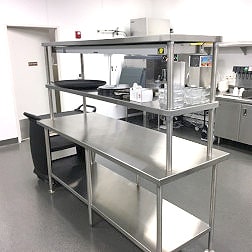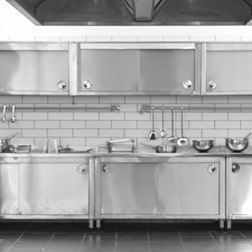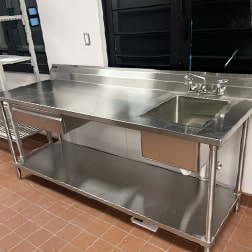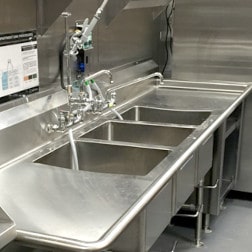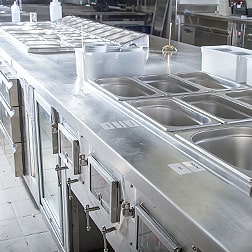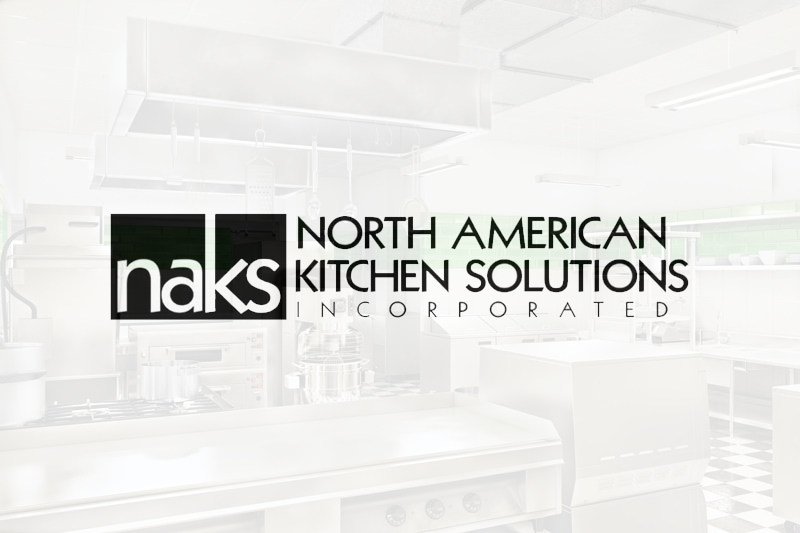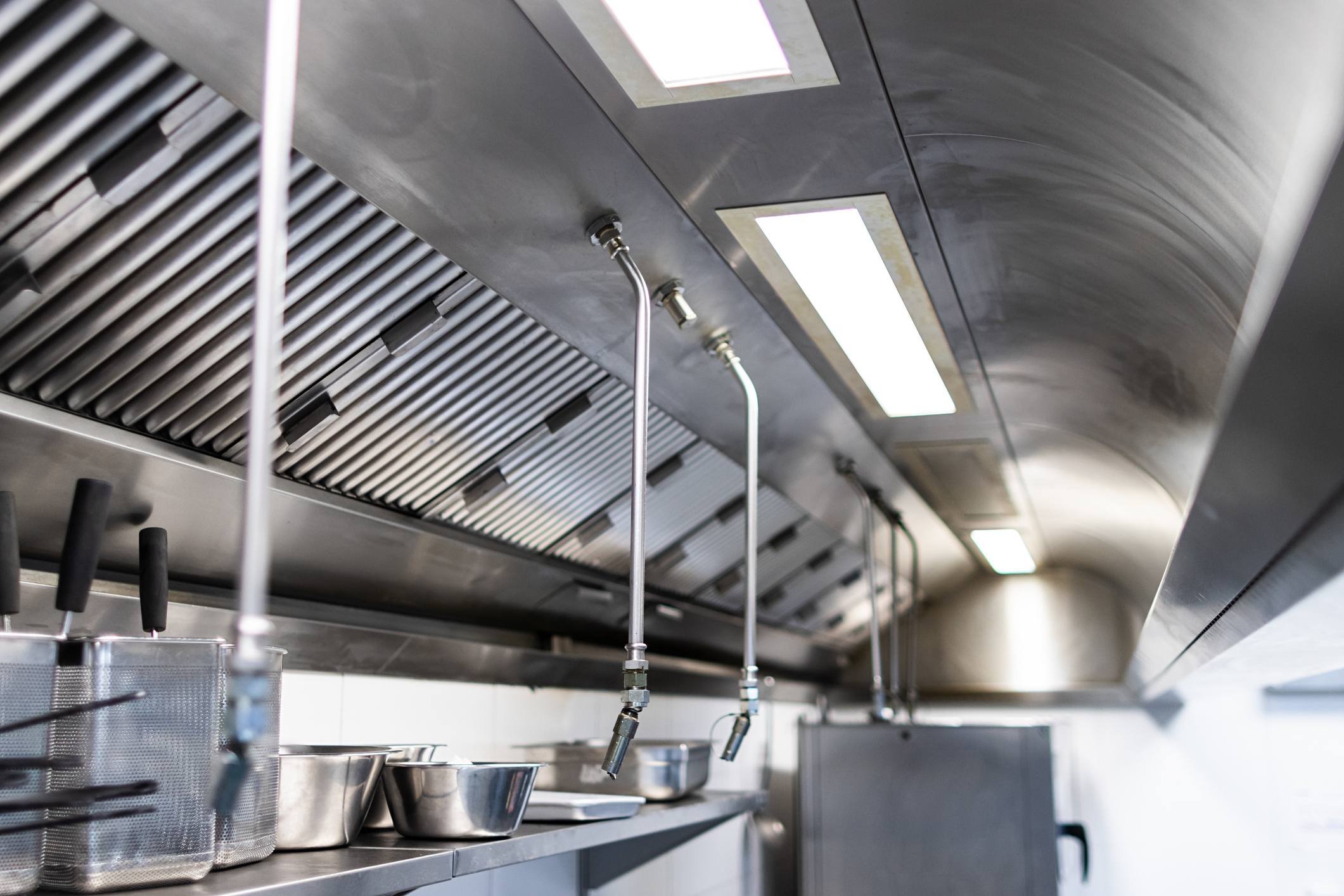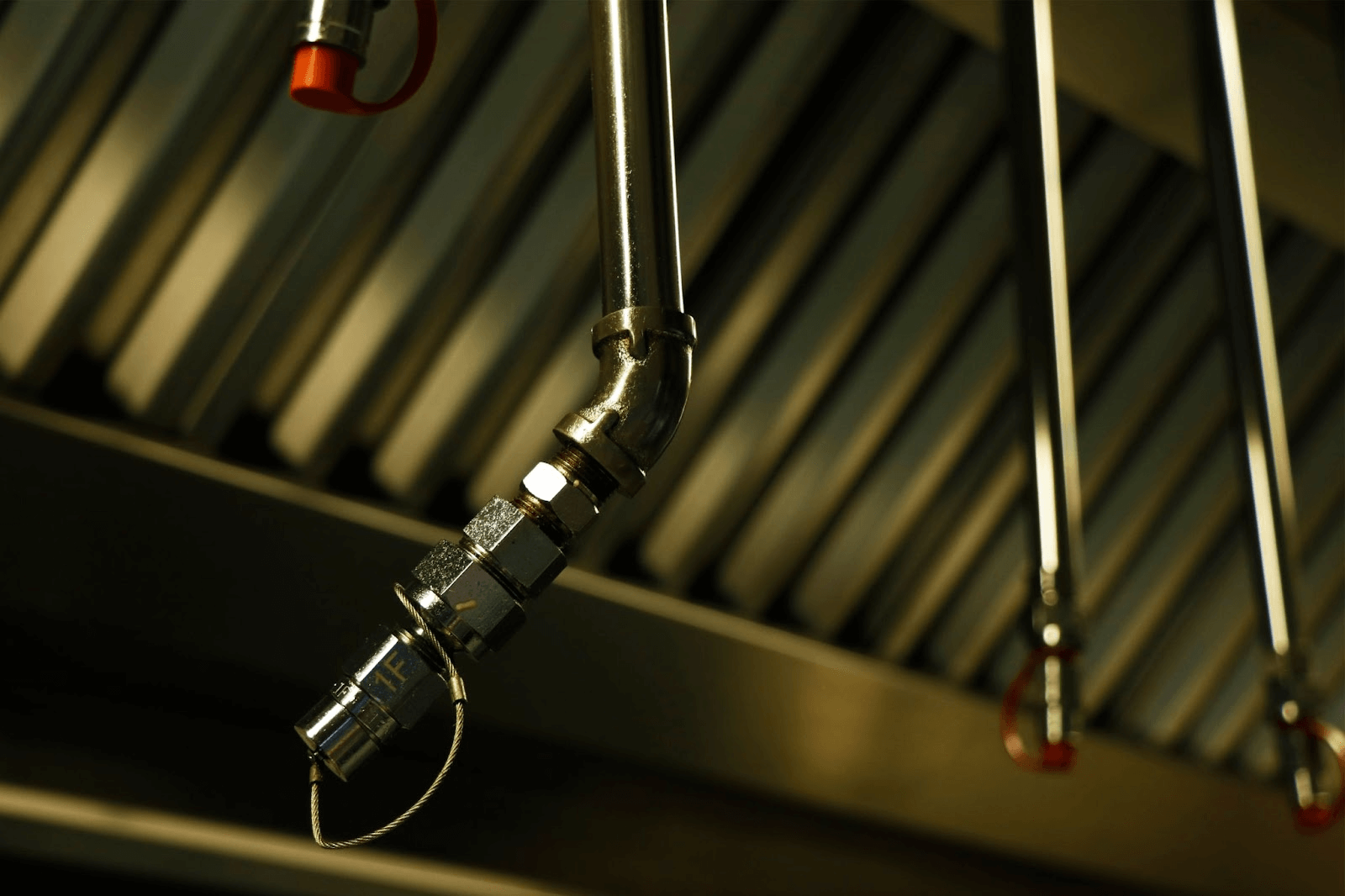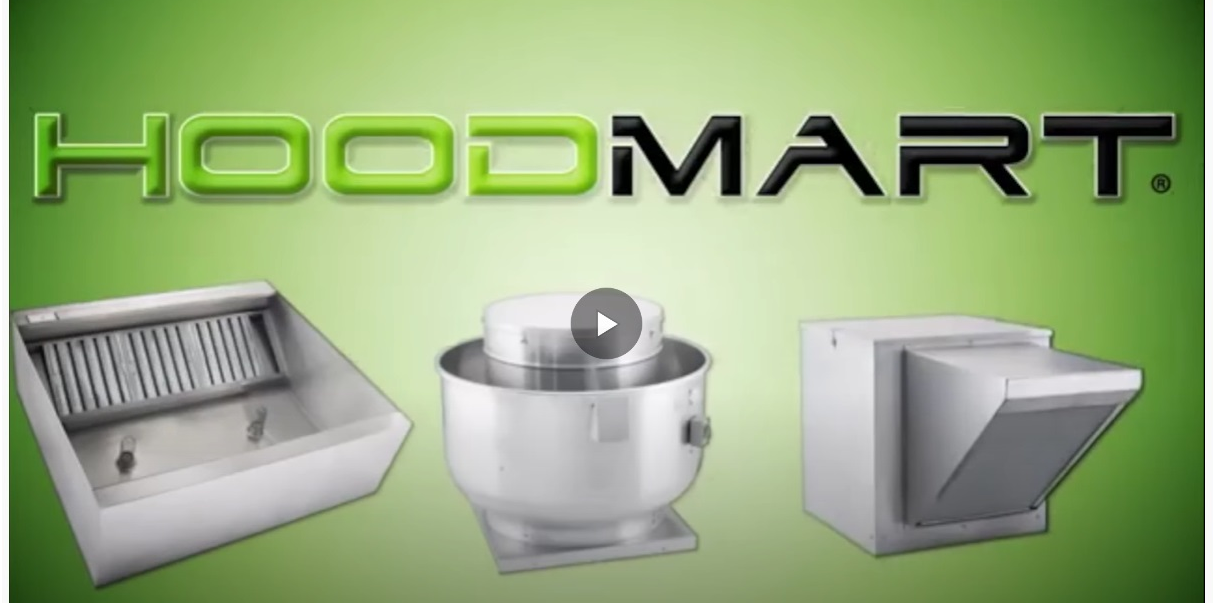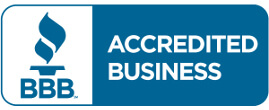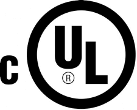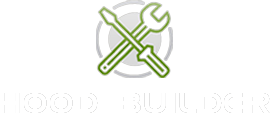Expanding Your Business: The Key Role HVAC Installers Play in Hood Installation
- May 21, 2024
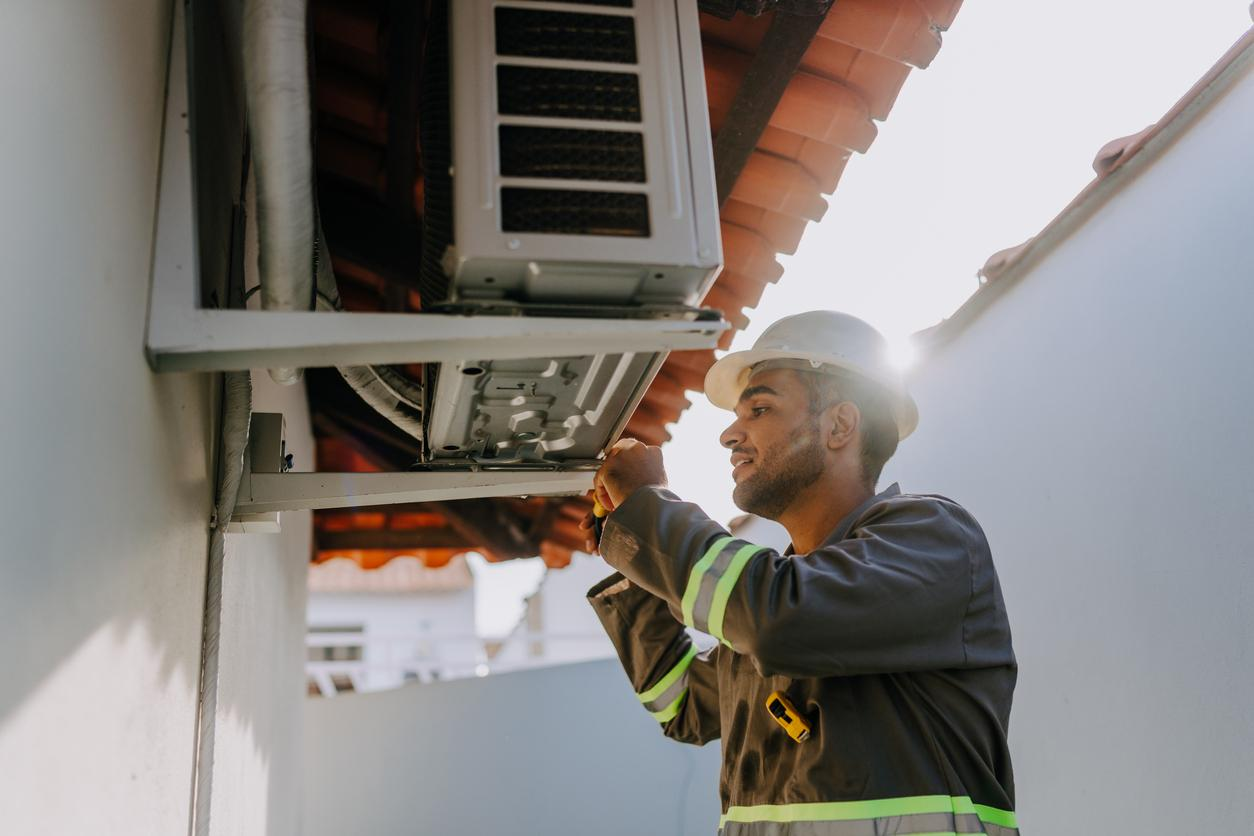
Expanding your business into new areas can be a daunting prospect, but it can also be gratifying. For HVAC installers, venturing into commercial kitchen spaces and offering hood installation services can open up many opportunities. In this blog post, we'll explore the key role of HVAC installers in successful hood installation and how this service can benefit your business.
Understanding the Importance of Proper Ventilation
Proper ventilation in commercial kitchens is essential for ensuring safety and compliance with regulations. Ventilation systems act as the kitchen's air cleaners, removing heat, smoke, grease-laden vapors, and odors generated during cooking. If these contaminants are not properly removed, they can pose health risks to kitchen staff and customers and increase the likelihood of fire hazards. Additionally, regulatory requirements often mandate specific ventilation standards for commercial kitchen spaces. Therefore, HVAC installers are critical in designing and installing ventilation systems that effectively capture and remove airborne pollutants, creating a safe and compliant environment for all.
How Commercial Kitchen Ventilation Differs from Other HVAC Projects
In commercial kitchen ventilation projects, HVAC installers take on distinct responsibilities that set them apart from other HVAC installations. A primary focus for HVAC installers in hood installation is ensuring proper ventilation. This task involves intricate calculations to determine the ideal size and placement of hoods, ductwork, and exhaust fans tailored to the unique needs of the kitchen environment. Unlike standard HVAC projects, adequate ventilation in commercial kitchens goes beyond maintaining comfort; it directly impacts air quality, health, and safety. By ensuring efficient ventilation, HVAC installers not only enhance indoor air quality but also mitigate health and safety risks, prevent code violations, and reduce the likelihood of costly repairs in the future.
Calculating Ventilation Needs
HVAC installers engage in precise calculations to determine the ventilation requirements. This process entails assessing the volume and type of cooking equipment present, along with the layout and size of the kitchen space. By considering factors such as heat output, cooking methods, and anticipated levels of airborne contaminants, HVAC installers can determine the optimal size and placement of hoods, ductwork, and exhaust fans.
Ventilation calculations typically involve determining the airflow rate needed to capture and remove contaminants generated during cooking processes effectively. This airflow rate is influenced by factors such as the type of cooking equipment (e.g., grills, fryers, ovens), and the types of pollutants produced (e.g., grease-laden vapors, smoke, steam). To ensure accurate calculations, HVAC installers use industry-standard formulas and guidelines, often provided by organizations like the American Society of Heating, Refrigerating, and Air-Conditioning Engineers (ASHRAE).
Moreover, proper ventilation design considers the airflow velocity within the ductwork, ensuring contaminants are efficiently transported away from the cooking area and exhausted outside the building. By accurately sizing and positioning ventilation components, HVAC installers optimize airflow patterns to minimize the buildup of pollutants, maintain indoor air quality, and mitigate health and safety risks.
Failure to adequately address ventilation needs can have significant consequences, ranging from compromised air quality and discomfort for kitchen staff to more severe issues such as fire hazards and code violations. Additionally, inadequate ventilation may result in excessive heat and moisture buildup, leading to structural damage and costly repairs in the long term.
Collaboration with Industry Professionals Ensures Compliance and Ease of Installation
Intimidated by the thought of trying to sort through ventilation on your own? Don’t be! Partnering with an industry leader like NAKS, Inc. eliminates the guesswork and ensures you deliver a compliant build everytime. That’s because NAKS, Inc. can provide HVAC installers with the support and resources they need to navigate the complexities of hood installation successfully. NAKS, Inc. specializes in commercial kitchen ventilation and offers a range of products and services tailored to the unique requirements of this industry. From custom hood design to professional installation and ongoing maintenance, they ensure that HVAC installers have the tools and expertise needed to deliver exceptional results for their clients.
Successful hood installation requires effective communication and collaboration with other trades involved in the construction or renovation of commercial kitchens. HVAC installers must work closely with architects, engineers, contractors, and kitchen equipment suppliers to ensure seamless integration of ventilation systems with the overall design and functionality of the space. With NAKS, Inc. as a partner, HVAC installers gain access to a network of industry professionals and resources to streamline project coordination and execution, making the installation process smoother and more efficient.
So, Is Hood Installation Right For Your HVAC Business?
Offering hood installation services can diversify your revenue stream and position your business for long-term growth. As regulations and standards for indoor air quality and kitchen ventilation continue to evolve, the demand for skilled HVAC professionals in the commercial kitchen sector is expected to increase. By staying ahead of the curve and investing in specialized training and equipment, HVAC installers can capitalize on this growing market opportunity and expand their client base.
That said, the decision to offer hood installation services should be carefully considered. It's essential to assess whether you have the necessary knowledge, experience, and resources to deliver quality service. Venturing into a new niche can be lucrative, but it requires a commitment to ongoing training and investment in specialized equipment.
In conclusion, HVAC installers are crucial in successful hood installation for commercial kitchens. Venturing into this niche market can open up new opportunities for business growth and diversification. By staying informed about industry trends, collaborating with industry professionals like NAKS, Inc., and investing in specialized training and equipment, HVAC installers can position themselves as trusted experts in commercial kitchen ventilation. Whether you're considering expanding your service offerings or enhancing your existing capabilities, now is the time to seize the opportunity and confidently grow your business.
Still have questions? Ready to get started? NAKS, Inc. is ready to help! Contact our team of experts today!








 CUSTOM FABRICATOR
CUSTOM FABRICATOR